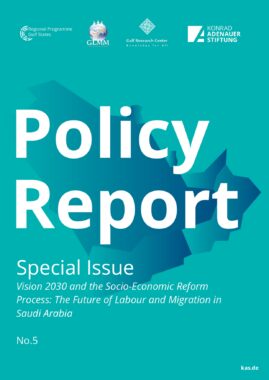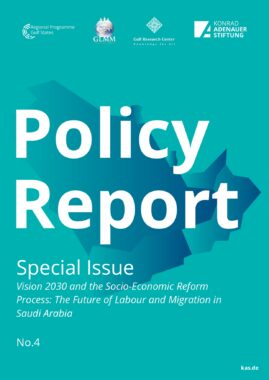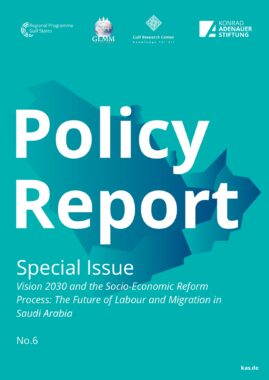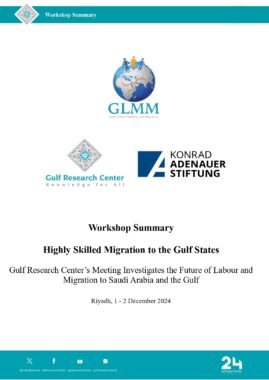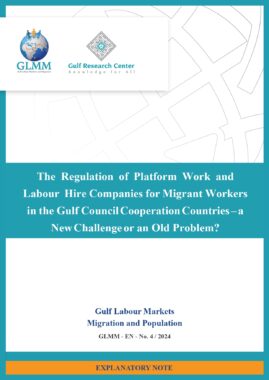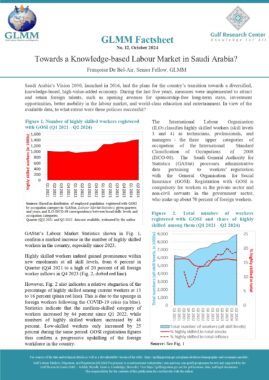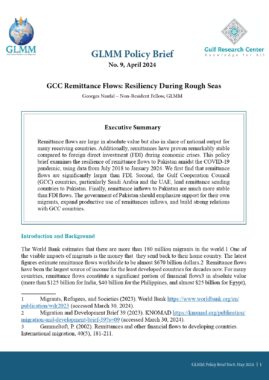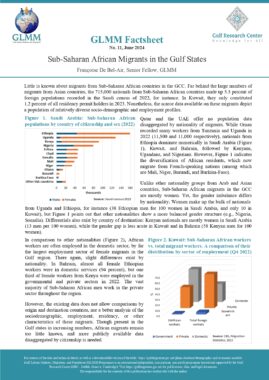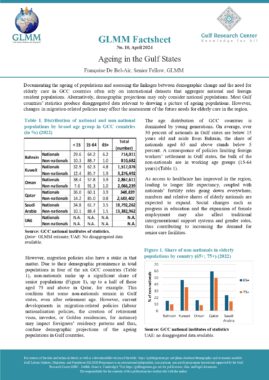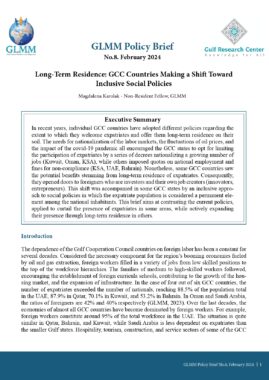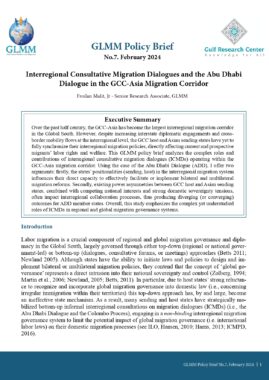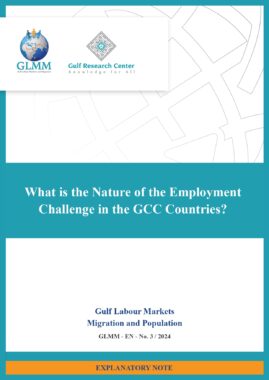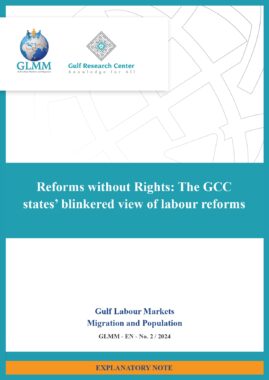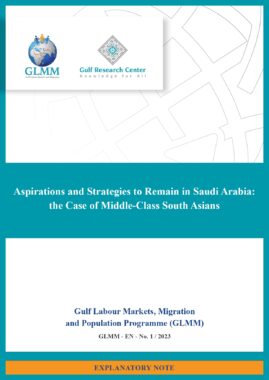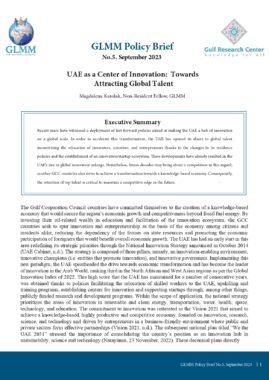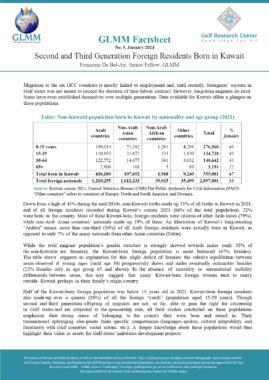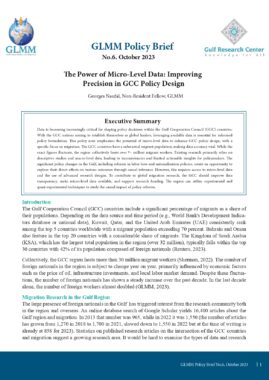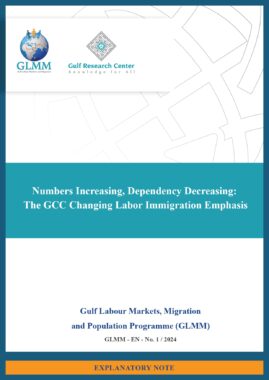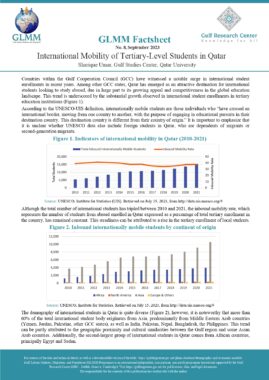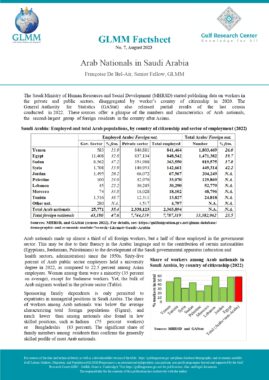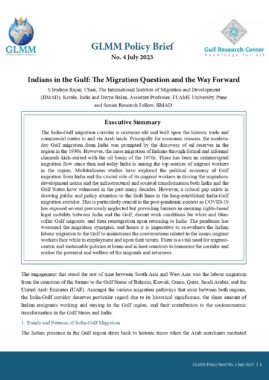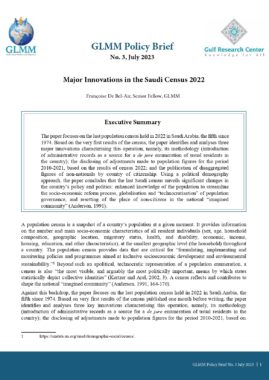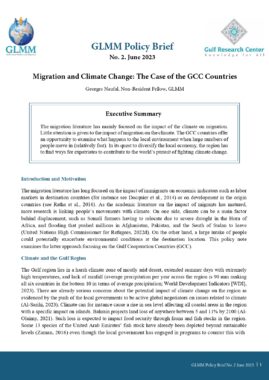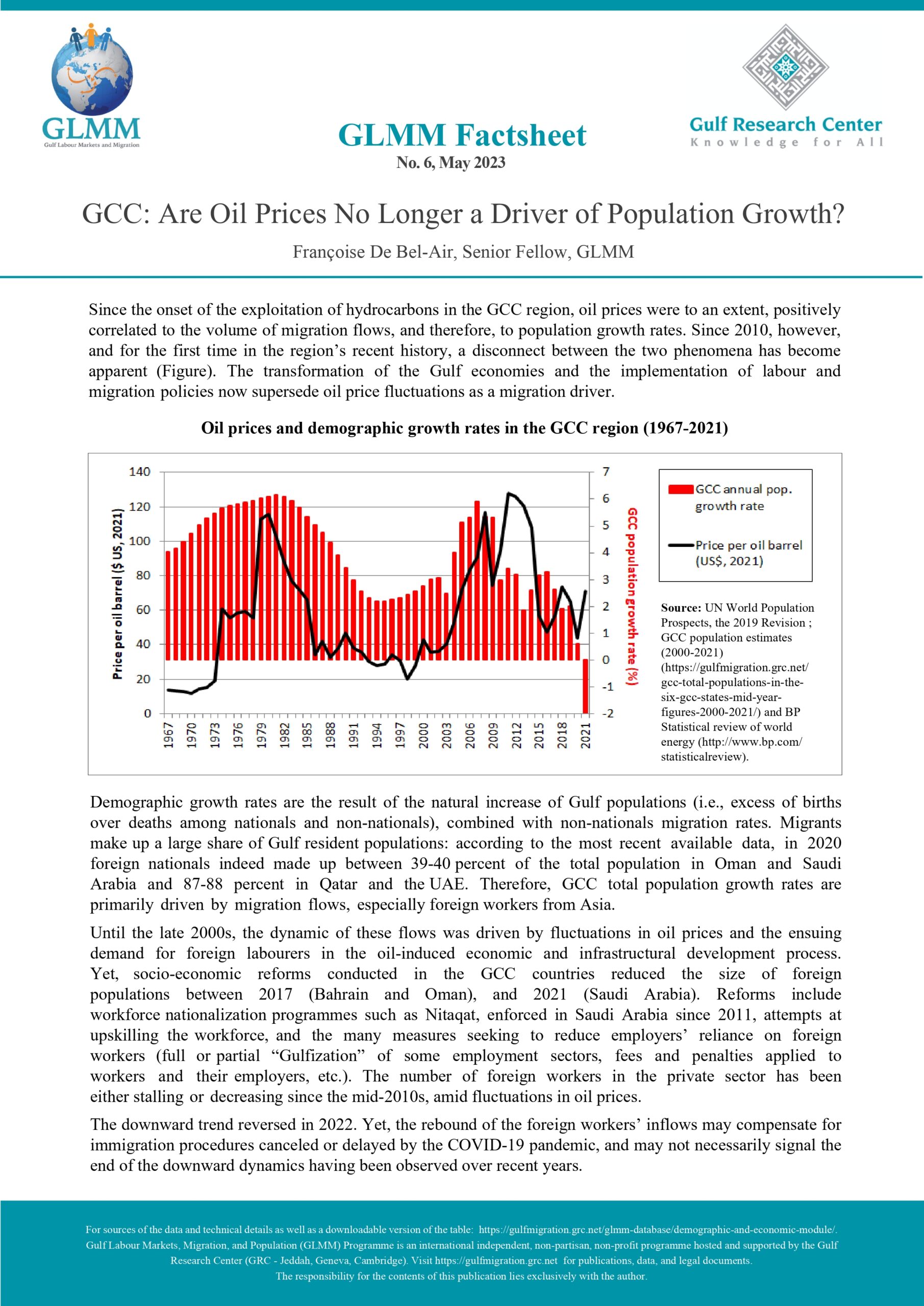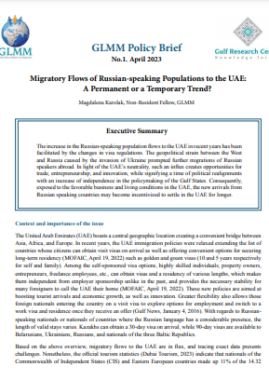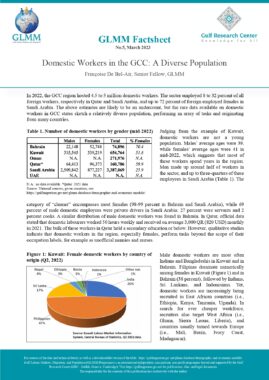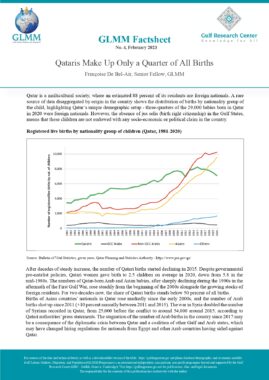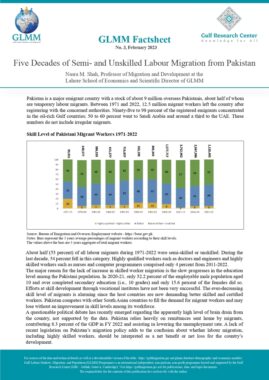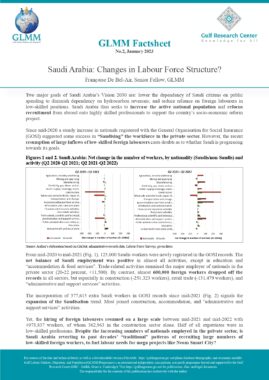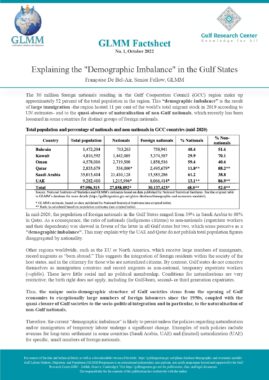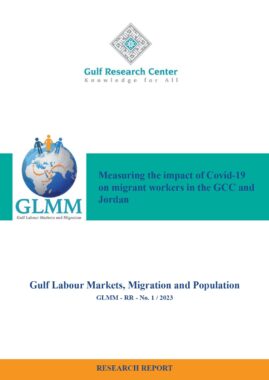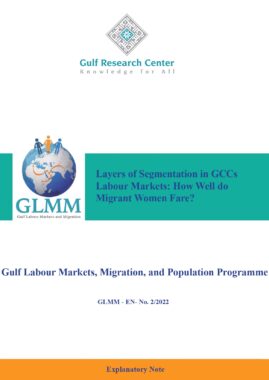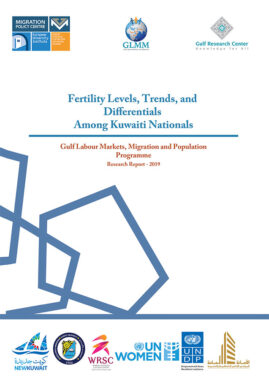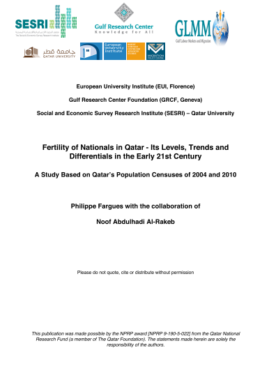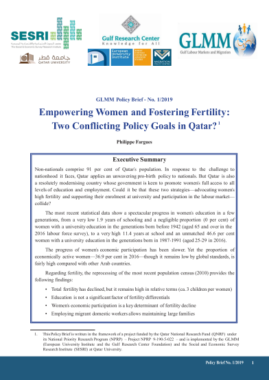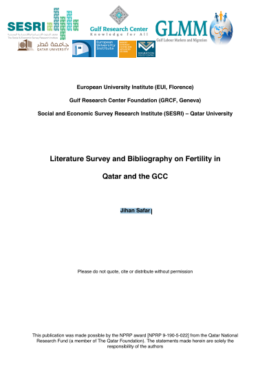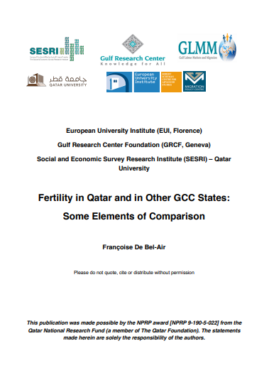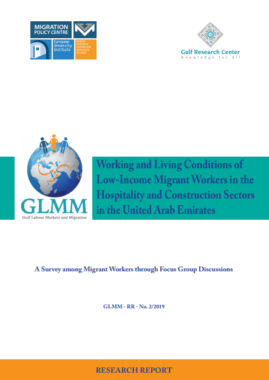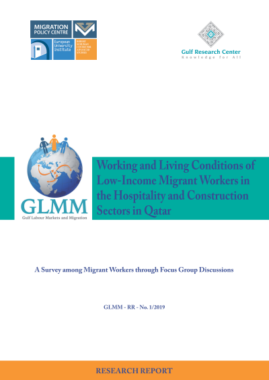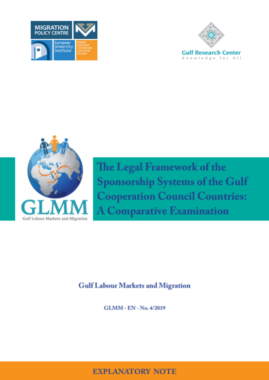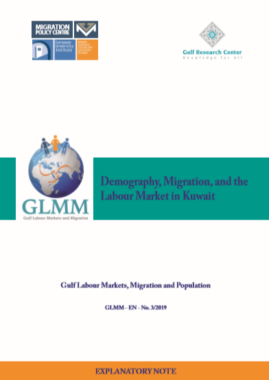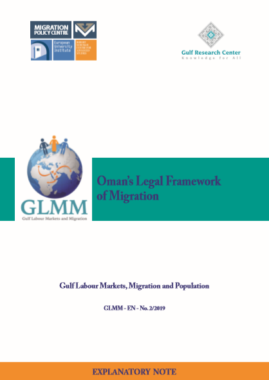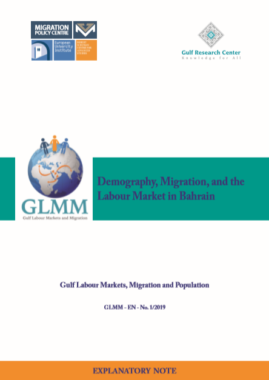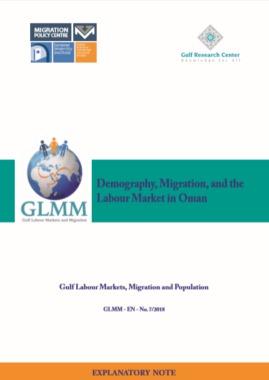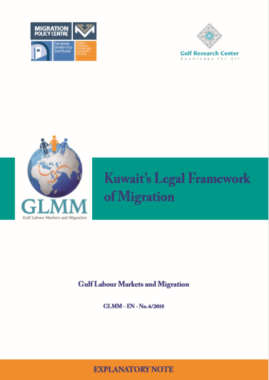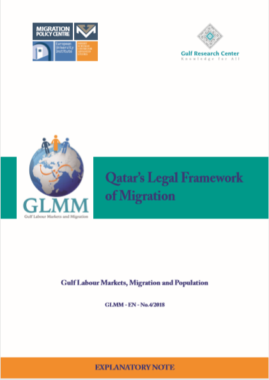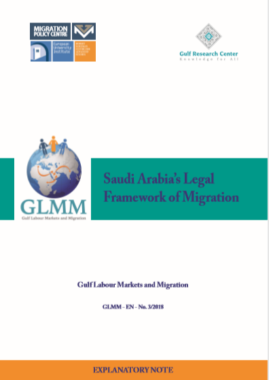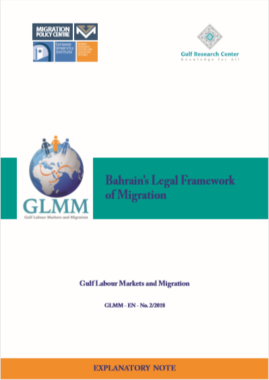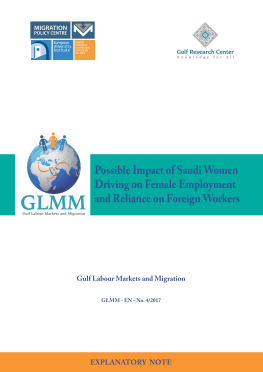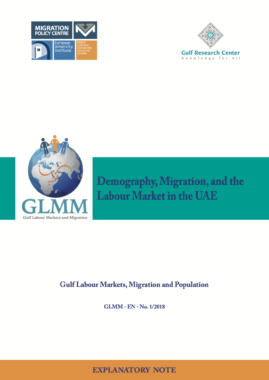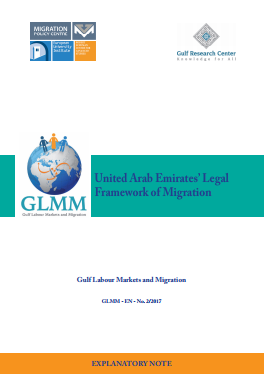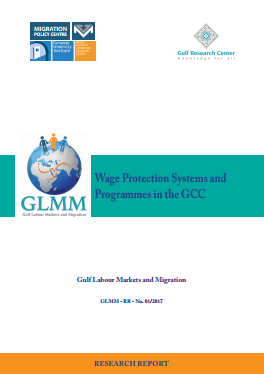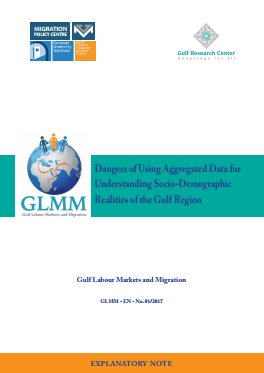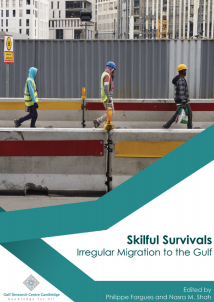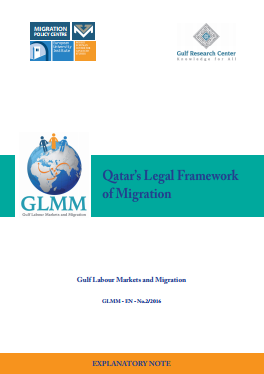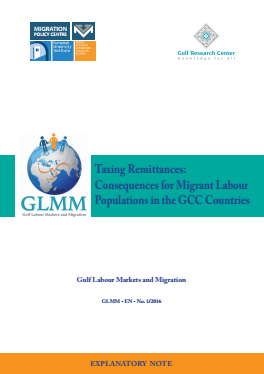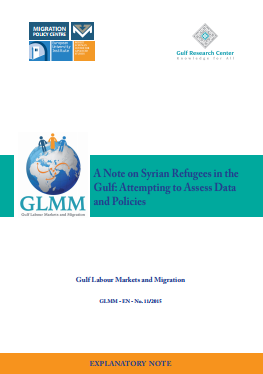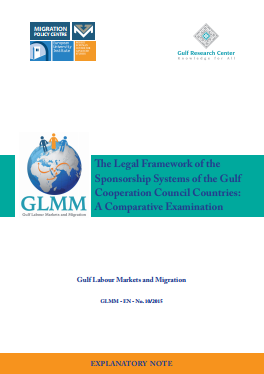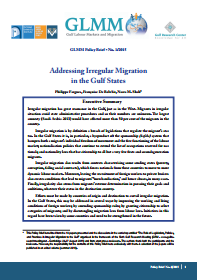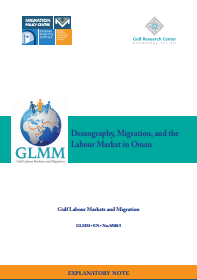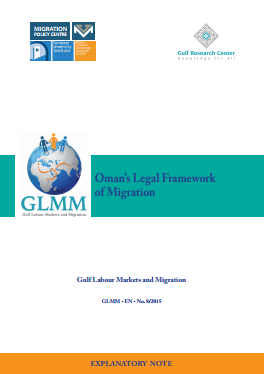Qatar: Law No.13 of 2017 Amending Some Provisions of the Labour Law Issued in 2004
|
Title
|
Qatar: Law No.13 of 2017 Amending Some Provisions of the Labour Law Issued in 2004
|
|
Date of adoption
|
16 August 2017 |
|
Entry into force
|
12 September 2017 |
|
Text versions |
Arabic
Source: – Official Journal Issue No.9(12 September, 2017), p. 18. Retrieved from: Al-Meezan Qatar Legal Portal, accessed: 22September 2018, retrieved from: http://www.almeezan.qa/LawPage.aspx?id=7310&language=ar – International Labour Organisation, accessed: 22 September 2018, https://www.ilo.org/dyn/natlex/docs/MONOGRAPH/104948/128415/F-437237902/QAT104948%20Eng.pdf |
|
Abstract
|
|
| Article 2, which amends article 64 of the Labour Law requires the employee to appeal to his employer within seven days of receiving notification of the imposition of a penalty on him. The employer must then respond within seven days. If the appeal is rejected or the employer fails to respond within the specified timeframe, the employee may appeal to the Department within seven days of the rejection of his appeal. The Department is obliged to respond within seven days of the submission of the application and it’s decision shall be final. A lack of response is to be considered a rejection of the appeal.
Exceptionally, the employee may dispute a termination decision by appealing to the Labour Dispute Settlement Committee. Should the Committee decide that the termination was arbitrary or unlawful, it may require the employer to reinstitute the employee and compensate him for the period of unemployment or award him with adequate compensation. The compensation shall include wages and other benefits the employee is entitled to. Article 3 adds a new chapter to the Labour law entitled “Chapter 11bis – Settlement of Individual Workers’ Disputes” Article 115 bis outlines the procedure for the amicable settlement of disputes through the Labour Relations Department or the Human Resources Department at the Ministry. Article 115 bis/1 sets the legal basis for the establishment of a “workers’ dispute settlement committee”, which is to be headed by a first instance court judge. Article 115 bis/2 grants the Committee the competence to take a final decision on all individual disputes resulting from the application of the provisions of the Labour Law or a labour contract. The committee shall decide on the dispute, which is before it within three weeks as of the date on which the first session for its examination was held. In accordance with Article 115 bis/5, the committee’s decisions shall have executory force. Article 115 bis/6 lays out the appeal procedure. Concerned parties shall have the right to appeal against the decision issued by the workers’ dispute settlement committee before the competent circuit at the Appellate Court within fifteen days as of the day on which the committee’s decision was rendered if it was in the presence of the parties, or on the day which follows the announcement of the decision if it was in the absence of the parties. The appeal shall not result in stopping the implementation of the decision unless the competent circuit decides otherwise. The competent circuit at the Appellate Court shall examine the appeal without delay, and shall decide thereon within thirty days as of the date of the first session held before it. The competent circuit at the Appellate Court is the only body which can stop the implementation of the committee’s decisions |
|
Similar Posts:
- Oman: Ministerial Decision No. 189/2013 Amending Some Provisions of Ministerial Decision No. 294/2006 Regarding the Regulation of Collective Bargaining, Peaceful Strikes and Lockouts
- UAE; Formation of Collective Labour Dispute Committee by MoHRE
- UAE; The Settlement of Labor Disputes and Complaints Procedures
- UAE: Ministerial Decision No. 307 of 2003 Regarding Collective Labour Disputes
- Qatar: Cabinet Resolution No. 6 of 2018 Establishing the Labour Dispute Resolution Committees and Developing the Rules and Procedures to Be Followed by Them
Tags: Employment, Labour Rights, Laws & Regulations, Qatar, Work Conditions
